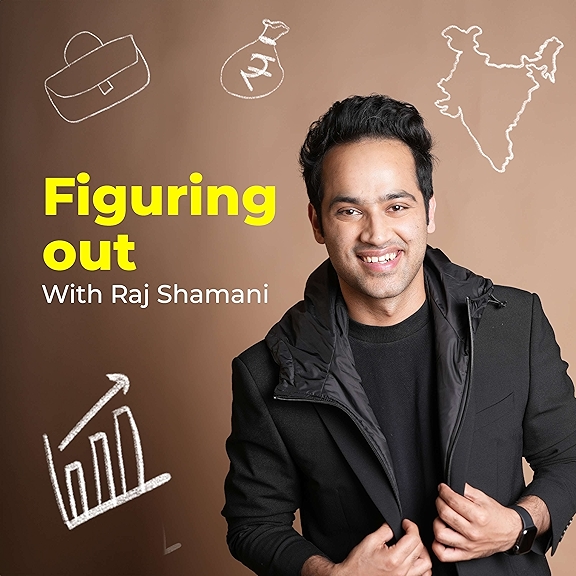
Dreaming of a spot at Georgetown Law? Here's all you need to know [Show Summary]
It’s hard to get a law education any closer to the heartbeat of policy and legal action than at Washington D.C.’s Georgetown Law School, labeled by the Washington Post as “the country’s most popular law school.” Andrew Cornblatt, the Dean of Admissions explains exactly what it takes to get accepted to this top-ranked and highly competitive program.
Interview with Andrew Cornblatt, Dean of Admissions at Georgetown Law [Show Notes]
Thanks for joining me for the 489th episode of Admissions Straight Talk. Are you applying to law school this cycle? Are you planning ahead to apply to law school next year or perhaps later? Are you competitive at your target programs? Accepted's Law School Admissions Quiz can give you a quick reality check. Just go to accepted.com/law-quiz, complete the quiz, and you'll not only get an assessment but also tips on how to improve your chances of acceptance. Plus it's all free.
For today's interview, I'm delighted to have Andrew Cornblatt, Metta and Keith Krach Dean of Admissions and Associate Vice President of Graduate Admissions and Enrollment at Georgetown Law. A graduate of Harvard University and Boston College School of Law, Dean Cornblatt has been a member of the Georgetown community since 1980. He became Dean of Admissions at Georgetown Law in 1991 and served as Dean of Admissions at the Georgetown Public Policy Institute, now the McCourt School of Public Policy from 2002 to 2016. It's hard to find someone with more experience in admissions.
Can you give an overview of the more distinctive elements of the Georgetown Law School JD program? [2:36]
I think the two things that are most unique about Georgetown are its size and its location. Georgetown Law is a large law school. I think it's among the largest in the United States, with 575 entering students. Even though it’s a big law school, we work very hard to make it a big law school with a small law school feel. These are small classes and the campus is beautiful. It's like a small college with lots of different buildings. We pay particular attention to individual students and their needs. We have big programs, but we have individual people who deserve individual attention and that's what we focus on.
As far as location goes, we’re right at the heart of Washington D.C. in the center of law in the USA. This is where everything gets made, interpreted, enforced, and implemented. That all happens within a 10-block radius of where I'm sitting right now in my office. When you have that as a resource, and that's available to you, it enhances the electricity of what you're studying. It's hands-on stuff, but it allows Georgetown to be at the crossroads of theory and practice.
When I went to law school all those years ago, and when people go to law school now, so much of it is about the theory of law and what happened way back then and cases from the 1800s. All of that's important. I'm not saying it isn't. But this generation of law students is hands-on. They watch it happen on video. They stay attuned to every development every 10th of a second through social media and all of the alerts they get. This is a place that's right at the center of all of that. That's part of our course structure too. The plus side of being at a big law school is you have that many more courses from which to choose. But if you want to know where the heart is beating, it's right outside my window. I think that's what excites students when they come here.
What are some of the programs that are unique to Georgetown Law because of its location? [5:39]
Let me give you two, even though there are probably 200.
So first, all law schools have clinical programs. It's a sort of supervised practice where you represent clients. All the clinics are different. Georgetown has the most in the country. This is an expensive education, but we are committed to doing this.




















